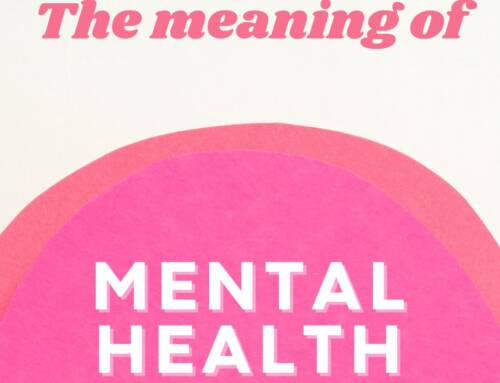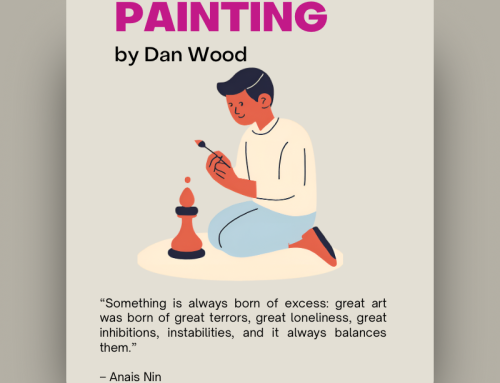Can’t eat? Eating to excess? Eating disorders revealed
At the AoC Trust, we’ve been receiving many calls for support from people struggling with food, whether that’s not being able to eat and digest food or emotional eating to excess.
Firstly, you are not alone. The AoC Trust is here to help you if you feel you have a poor relationship with food.
As the way we feel is closely connected to our appetite, it’s understandable that our nutrition starts to slip into unhealthy habits when we feel mentally unwell.
What is an eating disorder?
According to the NHS, an eating disorder is classed as ‘a mental health condition where you use the control of food to cope with feelings and other situations’.
Overeating and undereating (or not digesting food by expelling food) can be linked to eating disorders, but need to be diagnosed by a medical professional.
What type of eating disorders are there?
There are four main types of eating disorders and one for those who have slightly different symptoms.
Anorexia nervosa is an illness where you try to control what you weigh by not eating enough or overdoing the exercise for fear of putting on weight.
Bulimia is again concerned with controlling weight, but this illness includes extreme action taken not to put any weight on.
Binge eating disorder (BED) is eating until you feel painfully full with food.
Avoidant restrictive food intake disorder (ARFID) is for avoiding foods or limiting what you eat.
OSFED is diagnosed for those that don’t fit the above.
All types of eating disorders require support from a medical professional.
Why do people develop eating disorders?
Unless there is a physical (medical) condition, which is important to assess with a healthcare professional, the majority of eating disorders are associated with poor mental health.
Poor mental health can be attributed to an almost endless list of causes from trauma, such as the loss of a loved one, right the way through to concern about body image that got out of control.
The key factor here is not to attribute blame or a single cause but to seek support. Eating disorders have an excellent rate of recovery with support from accredited professionals.
Getting help with an eating disorder
If you think you have an eating disorder, it’s important to seek help from your GP, who can assess the severity of any physical concerns. Your GP can also refer you for mental health support.
If you’d prefer, you can contact the AoC Trust to register for a free place on a group therapy session for eating disorders (when funding is available) or pay for private therapy (from £30).
You can self-refer for therapy sessions with the AoC or ask a guardian to consent for you.
If any of the content in this article triggers feelings or you need to talk, text ‘support’ to 60075.
Found this article helpful? Read ‘why 1 in 3 suffer trauma’.





